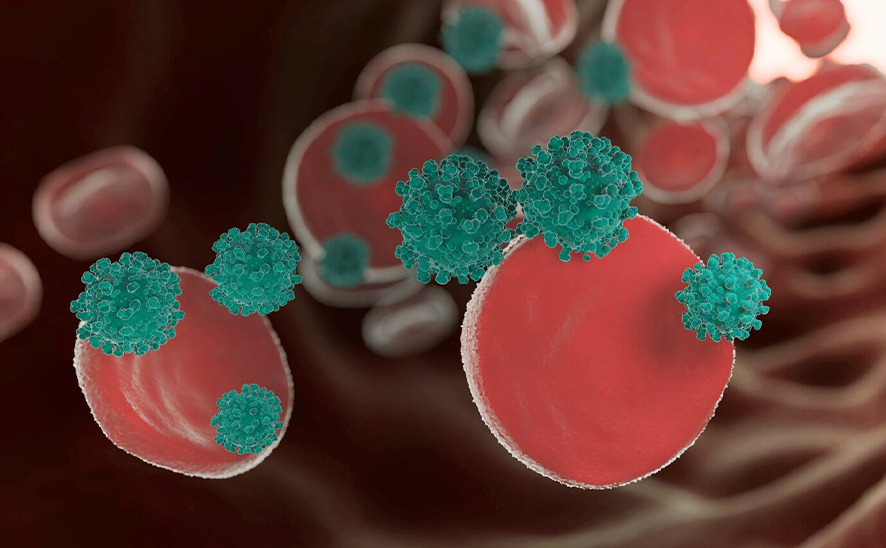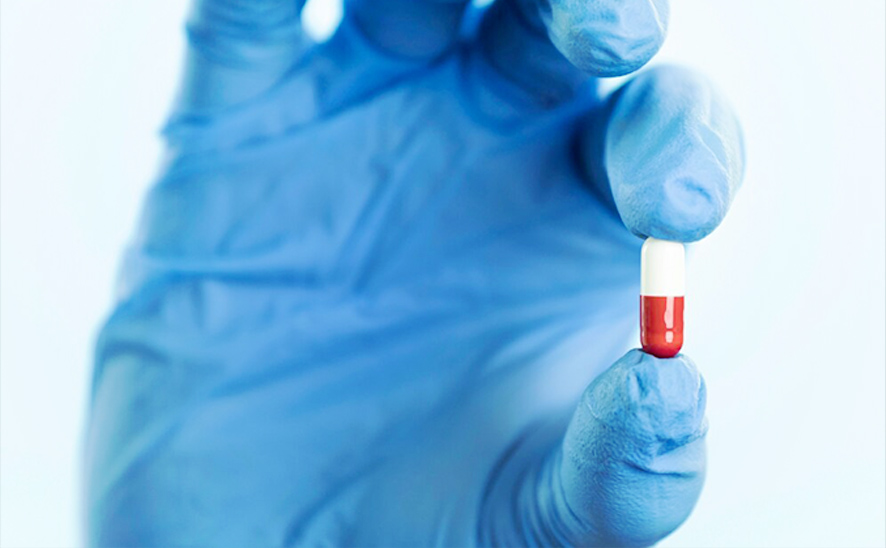Use of Food Supplements in Blood Deficiency

Food supplements can be highly beneficial in addressing blood deficiency, which often manifests as anemia. Anemia can result from a lack of essential nutrients needed for red blood cell production and function. Food supplements help in providing these necessary nutrients, thus improving blood health and alleviating symptoms such as fatigue, weakness, and dizziness.
Key Benefits of Food Supplements for Blood Deficiency
- Improvement in Red Blood Cell Production
- Iron Supplements: Essential for hemoglobin production, which is critical for oxygen transport in the blood.
- Types: Ferrous sulfate, ferrous gluconate, and ferrous fumarate.
- Avantajlar: Increases hemoglobin levels, reducing anemia symptoms like fatigue and shortness of breath.
- Iron Supplements: Essential for hemoglobin production, which is critical for oxygen transport in the blood.
- Enhanced Oxygen Transport
- Vitamin B12: Vital for red blood cell formation and neurological function.
- Sources: Cyanocobalamin and methylcobalamin supplements.
- Avantajlar: Prevents megaloblastic anemia, characterized by the production of large, immature red blood cells.
- Vitamin B12: Vital for red blood cell formation and neurological function.
- Support for DNA Synthesis and Cell Division
- Folate (Vitamin B9): Crucial for DNA synthesis and red blood cell production.
- Forms: Folic acid (synthetic) and folate (natural).
- Avantajlar: Prevents megaloblastic anemia and supports overall cell health.
- Folate (Vitamin B9): Crucial for DNA synthesis and red blood cell production.
- Enhanced Iron Absorption
- Vitamin C: Boosts the absorption of non-heme iron (from plant sources).
- Sources: Ascorbic acid supplements, citrus fruits, and other vitamin C-rich foods.
- Avantajlar: Improves iron absorption from the diet, enhancing hemoglobin production.
- Vitamin C: Boosts the absorption of non-heme iron (from plant sources).
- Improved Immune Function and Hemoglobin Synthesis
- Çinko: Important for immune function and enzyme activities related to hemoglobin synthesis.
- Sources: Zinc gluconate, zinc sulfate, and zinc picolinate supplements.
- Avantajlar: Supports immune health and aids in the production of hemoglobin.
- Çinko: Important for immune function and enzyme activities related to hemoglobin synthesis.
- Cellular Health and Energy Production
- E Vitamini: Antioxidant that protects red blood cells from damage.
- Sources: Alpha-tocopherol supplements, nuts, seeds, and green leafy vegetables.
- Avantajlar: Enhances the lifespan and function of red blood cells.
- E Vitamini: Antioxidant that protects red blood cells from damage.
- Overall Blood Health
- Copper: Required for iron metabolism and the formation of hemoglobin.
- Sources: Copper gluconate and copper sulfate supplements.
- Avantajlar: Supports iron utilization and red blood cell production.
- Copper: Required for iron metabolism and the formation of hemoglobin.

Specific Supplements and Their Roles
- Iron
- Role: Key component of hemoglobin, necessary for oxygen transport.
- Dosage: Typically 60-120 mg/day for iron deficiency anemia, but specific dosages should be prescribed by a healthcare provider.
- Vitamin B12
- Role: Essential for red blood cell formation and neurological health.
- Dosage: Generally 1,000-2,000 mcg/day for deficiency, but this can vary based on individual needs.
- Folate
- Role: Crucial for DNA synthesis and red blood cell production.
- Dosage: Typically 400-800 mcg/day, but higher doses may be required for deficiency.
- Vitamin C
- Role: Enhances iron absorption and supports immune function.
- Dosage: 500-1,000 mg/day to enhance iron absorption.
- Çinko
- Role: Supports immune function and hemoglobin synthesis.
- Dosage: 8-11 mg/day, but higher doses may be necessary for deficiency.
- E Vitamini
- Role: Protects red blood cells from oxidative damage.
- Dosage: 15 mg/day for adults, but specific needs may vary.
- Copper
- Role: Important for iron metabolism and red blood cell formation.
- Dosage: 0.9 mg/day for adults, with adjustments based on specific needs.

Dietary Recommendations
- Iron-Rich Foods: Red meat, poultry, fish, beans, lentils, tofu, spinach, and fortified cereals.
- Vitamin B12 Sources: Meat, fish, dairy products, and fortified cereals.
- Folate-Rich Foods: Leafy green vegetables, legumes, nuts, and fortified grains.
- Vitamin C Sources: Citrus fruits, strawberries, bell peppers, and broccoli.
- Zinc-Rich Foods: Meat, shellfish, legumes, seeds, and nuts.
- Vitamin E Sources: Nuts, seeds, spinach, and broccoli.
- Copper Sources: Shellfish, whole grains, beans, nuts, and seeds.
Elstrott B, Khan L, Olson S, Raghunathan V, DeLoughery T, Shatzel JJ. The role of iron repletion in adult iron deficiency anemia and other diseases. Eur J Haematol. 2020 Mar;104(3):153-161. doi: 10.1111/ejh.13345. Epub 2019 Dec 26. PMID: 31715055; PMCID: PMC7031048.
Cappellini MD, Santini V, Braxs C, Shander A. Iron metabolism and iron deficiency anemia in women. Fertil Steril. 2022 Oct;118(4):607-614. doi: 10.1016/j.fertnstert.2022.08.014. Epub 2022 Sep 6. PMID: 36075747.
Petraglia F, Dolmans MM. Iron deficiency anemia: Impact on women’s reproductive health. Fertil Steril. 2022 Oct;118(4):605-606. doi: 10.1016/j.fertnstert.2022.08.850. PMID: 36182259.









